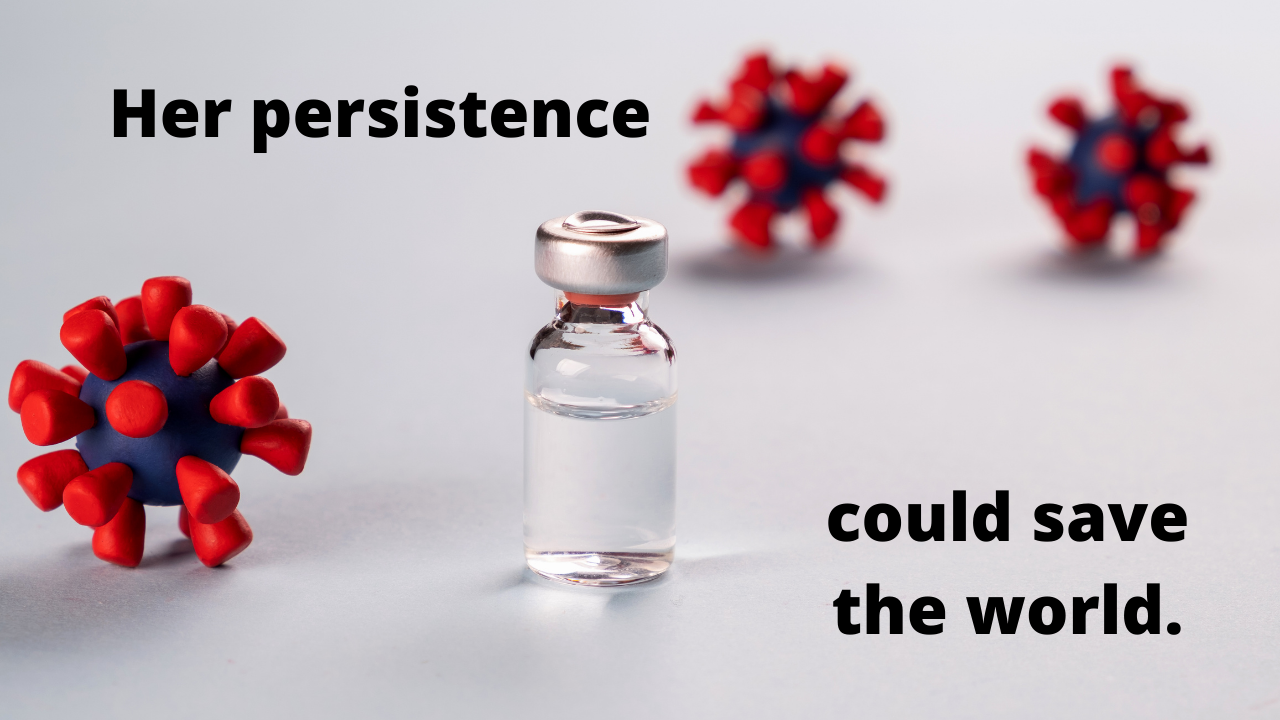
Her Persistence Could Save Your Life!
Dec 28, 2020Behind the new mRNA technology in the recently approved COVID-19 vaccines stands a 65-year-old Hungarian immigrant named Katalin Kariko. Kariko, a biochemist, obsessively persisted in her belief that messenger ribonucleic acid (mRNA) had great potential as a life-saving delivery system to save the lives of people who had types of diseases resulting from a lack of enough of the right kind of proteins being created in their cells. Essentially, mRNA instructs the cells on what sort of protein they should be making.
Kariko began her career in researching mRNA in Hungary in the 1970s. In 1985, she moved her family to Philadelphia for her to take a job at Temple University and continue her research through a post-doctoral position there. At Temple, and later at the University of Pennsylvania, Kariko continued her mRNA research. Through the mid-90’s, it became more and more difficult to obtain grants as the approach was considered radical. In 1995, she was demoted by UPenn at around the same time as she was diagnosed with cancer.
A lot of us would have quit at that point, or taken our skills elsewhere, or shifted into a different, more trendy area of research where the grant money was more plentiful, but Kariko’s belief in the mRNA potential did not flag.
Instead, Kariko continued in her lesser position, which provided continued access to a lab and a tuition waiver for her daughter, and ultimately paired up with Drew Weissman, an immunologist and UPenn colleague. In 2005, they discovered a new way to deliver synthetic mRNA which avoided a problematic inflammatory response and published a paper on their new technology. In 2015, they discovered an improvement in the delivery of the mRNA that prevented it from degrading and allowed for a better targeted delivery.
BioNTech, a German company that was one of the few which understood the incredible potential of Kariko’s and Weissman’s breakthrough, hired Kariko in 2013. The company, in partnership with Pfizer, succeeded in creating the first COVID-19 vaccine to be approved in the United States and elsewhere using the mRNA technology that would have died on the vine had it not been for Kariko’s persistence. The technology also forms the basis for the recently approved Moderna vaccine.
Kariko, whose work was ignored and whose employer relegated her to the proverbial basement after the companies providing research grants shunned her, may now be considered for a Nobel Prize because of her incredible contribution to the world’s health. Her persistence in the face of challenge and adversity were monumental over decades in circumstances where most of us would have walked away.
If you find this information helpful, consider scheduling your free exploratory call now.
Stay connected with news and updates!
Join our mailing list to receive the latest news and updates from our team.
Don't worry, your information will not be shared.
We hate SPAM. We will never sell your information, for any reason.
